By: Dr. W. Scott West, Chief Medical Officer, Nashville Neurocare Therapy
For a long time, depression has carried the stigma of being a woman’s disease. Numbers seem to support this; “women are nearly twice as likely as men to be diagnosed with depression” (Mayo Clinic), and “women attempt suicide 2 to 3 times more often than men” (Centre for Suicide Prevention).
Of course, statistics don’t always tell the whole story. As elucidated by the AMA Journal of Ethics, “gendered processes of socialization affect how some boys and men express depression,” which leads to gendered disparities in diagnosis, care, and treatment. It is telling, for instance, that men are 4x more likely to complete suicide than women (APA). While depression is not correlative to suicide, it is one of its biggest risk factors (HHS). All of this is not to suggest that women are over-diagnosed but that, when it comes to depression, men are likely under-diagnosed and undertreated.
One reason men and boys elude diagnosis and treatment is that they often present depressive symptoms differently than might be expected. The American Psychological Association (APA) asserts that instead of expressing their depression in the traditional signs of sadness, hopelessness, and guilt, “men may instead express their depression in terms of increases in fatigue, irritability, and anger, . . . loss of interest in work or hobbies, and sleep disturbances.” Men are also more likely to use substances like drugs and alcohol as self-medication, which can “mask the signs of depression, making it harder to detect and treat effectively” (APA). You can find a robust list of specifically male presentations of depression in this article.
These divergent symptoms might have something to do with the way men and boys are traditionally socialized to suppress their emotions, endure pain stoically, and avoid asking for help. “Stigma against depression exists for everyone, and traditional Western masculinities (e.g., toughness and stoicism) can make it even more difficult to acknowledge and express feelings” (AMA). In other words, the way boys have been traditionally socialized to express themselves and their emotions influences how they show their depression and can cause barriers to finding the support they deserve. In fact, research shows that “men who most strongly subscribe to these traditional masculinities are particularly liable to suffer from depression, but they are the least likely to seek help for their symptoms” (AMA).
Regardless of gender, beliefs, or symptoms, no one deserves to suffer from depression alone. If you or a man you know is struggling with depression, the best place to start is to speak with a doctor. Whether it’s a mental health professional or a primary care provider, they can help you create a plan for treatment and lasting relief.
Common treatment modalities for depression include cognitive-behavioral therapy and medication. These treatments are successful for many but not for everyone. For instance, medication doesn’t work with every person’s brain chemistry. If medication fails to improve symptoms or side effects are debilitating, alternative treatment methods are available.
One of the safest, most effective ways of treating depression is one you might not have heard of: Transcranial Magnetic Stimulation (TMS) Therapy. At Nashville Neurocare Therapy, TMS Therapy is our specialty for treating major depression. In depressed brains, the centers that control mood regulation aren’t as active as in neurotypical brains. TMS Therapy uses magnetic-pulse technology to wake up these centers in your brain and strengthen or build new neural networks.
While “stimulating the brain with magnetic technology” might sound a little intimidating, TMS Therapy is not to be confused with electroconvulsive therapy (ECT aka “shock therapy”). TMS Therapy is completely comfortable and safe, and perfectly natural. Plus, TMS Therapy is 100% drug-free, so there are no adverse side effects commonly associated with antidepressants. Though it’s a lesser-known therapy, most private and public health insurances cover TMS Therapy, and the American Psychiatric Association recommends TMS as an alternative to antidepressants if your medications aren’t working for you.
If you aren’t finding relief from your depression through talk therapy or medication alone, talk to your doctor about TMS Therapy. Treatment for depression is not one size fits all, and there is hope for you. If you’d like to learn more about TMS Therapy and how it could help you or somebody you love, feel free to request a consultation with our office. We’d love to see if TMS Therapy is a good fit for your path to healing.
About the Author: Dr. W. Scott West
Nationally recognized, board-certified psychiatrist, Dr. W. Scott West, blazed the trail for TMS therapy in Tennessee as the first physician to offer this advanced technology in 2010. With 30+ years experience in clinical depression, Dr. West leads the Nashville Neurocare team.
- Board Certified Psychiatrist
- Specialty: Certified TMS Psychiatrist since 2010
- Diplomate: The American Board of Psychiatry and Neurology
- Distinguished Fellow: American Psychiatric Association
- Residency: Vanderbilt University, Hospital Department of Psychiatry
- Medical School: University of Tennessee, Knoxville, Center for the Health Sciences
- Hospital Affiliations: Vanderbilt University Hospital, St. Thomas Hospital


